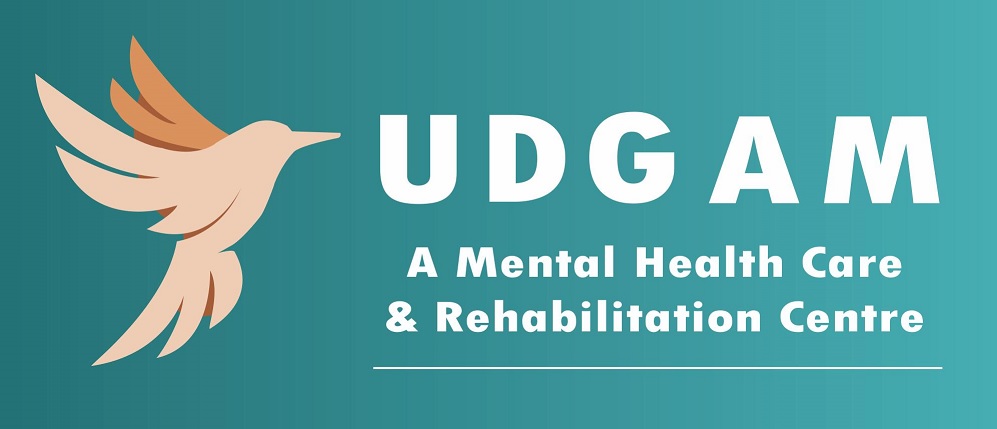
What is Autism spectrum disorder (ASD)?
- It’s a difficulty that a child is born with and is therefore known as a neuro-developmental disorder.
- The signs and symptoms can be typically identified before the age of 3 years.
- It is also known as Autism spectrum disorder (ASD) as there are differences in the type and severity of symptoms experienced by children. The spectrum includes disorders like Autism, Asperger’s Disorder, Childhood Disintegrative Disorder, Rett’s Disorder, and Pervasive Developmental Disorder-Not Otherwise Specified
- Based on the intensity and the nature of the difficulties faced by a child, diagnosis of this is challenging and therefore needs to be done by a Psychiatrist, Clinical Psychologist, Neurologist or a Developmental Paediatrician.
How to recognize the symptoms
- Delay in achieving development milestones like talking, walking etc.
- Inconsistent or no eye contact with others
- Social skills deficits- none or very little interaction with others, difficulty in reciprocating to other’s emotions, poor social interaction and tendency to remaining in their “own world”
- Poor communication- Very limited vocabulary, unusual tone when speaking that may sound sing-song or flat and robot-like
- Restrictive, repetitive behaviours (repeating words or phrases, rocking body)
- Getting easily upset/aggressive by slight changes in their specific routine
Causes
- A definite cause of Autism is unknown.
- Research suggests genetic factors, abnormalities in brain development along with environmental factors together might be the cause behind the disorder.
Cure for Autism
- There is no cure for Autism, which means that there is no medication or any other method to completely remove all the symptoms of Autism.
- This disorder remains for the life time, BUT treatment and psychological intervention can significantly improve the functioning and quality of life of the child.
Management of Autism
- Getting a correct and clear diagnosis through clinical assessments for autism, intelligence and cognitive functions.
- Management of certain symptoms of autism such as aggression, irritability, hyperactivity, repetitive behaviours, depression and anxiety.
- Behavioural and Psychological management to reduce deficits such as social skills, communication skills, aggression, repetitive behaviours, developing life skills and adaptive skills.
- Parent training help parents learn techniques to manage their child’s behaviours.
- Sensory Therapy.
- Speech Therapy.
Autism care at UDGAM
Step 1: Trained and experienced Psychiatrist and Clinical Psychologists to conduct diagnostic assessments for Autism Spectrum Disorders.
Step 2: Consultation with a Qualified Psychiatrist in both online and in-person mode.
Step 3: Well researched intervention programs by Clinical Psychologists trained in interventions for Autism such as Behavioural Therapy, Social Skills training, TEACCH (Treatment and Education of Autistic and Related Communication-Handicapped Children and Play therapy.
Step 4: Parent training and counselling to help parent cope and develop skills to manage Autism.
Step 5: Qualified Occupational therapists and special educators to manage the sensory sensitivity and academic difficulties of the child.
Step 6: Oral motor treatment for better speech and communication.


